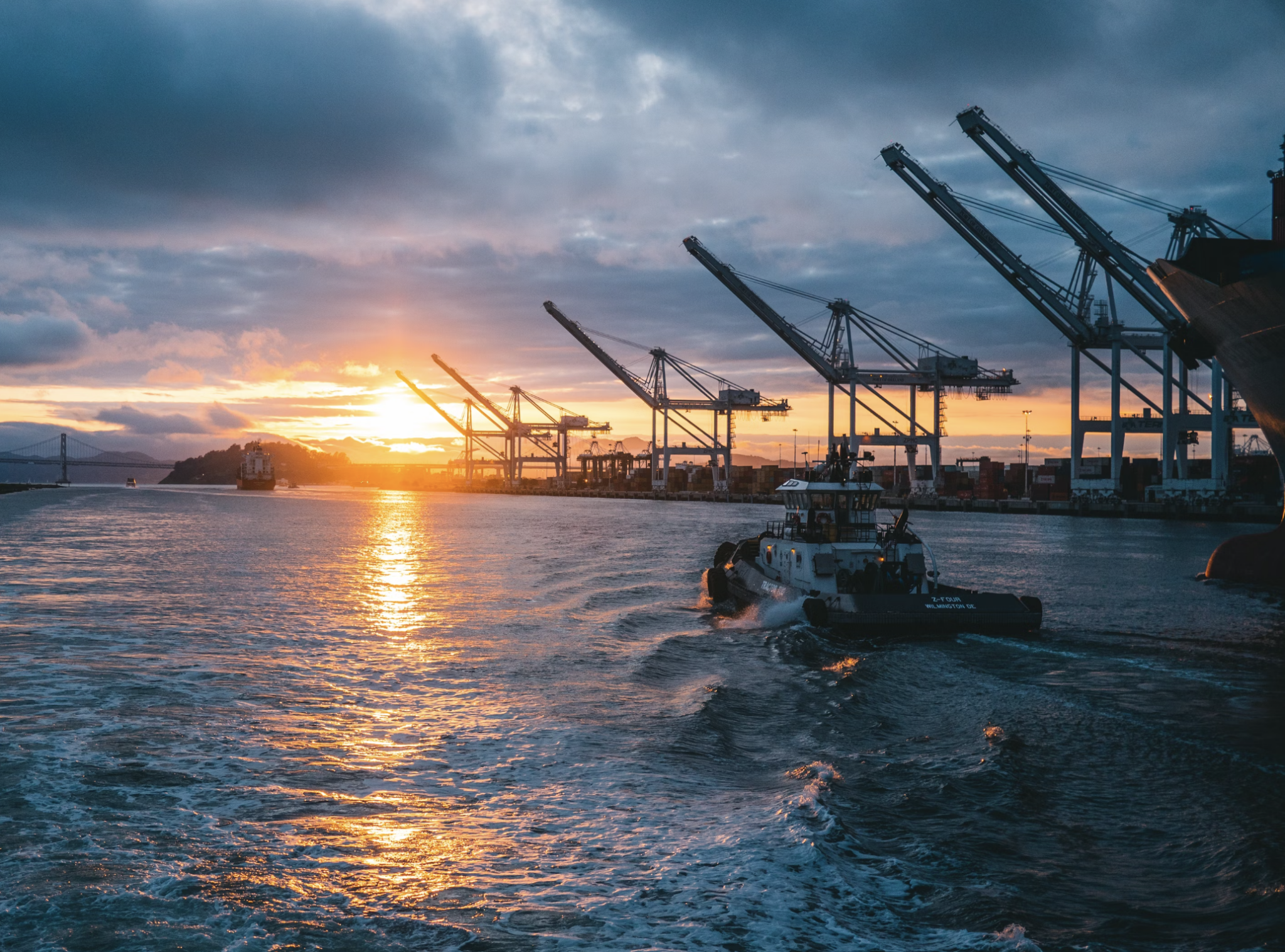
John Fry is a student at Harvard Law School.
In today’s news & commentary, Trump cozies up with Longshoremen; student unions seek to lock in wins before administration change; and judge limits disclosure of students’ information to NLRB.
President-elect Trump has voiced his support for the International Longshoremen’s Association amid the union’s dispute with employers over the potential automation of jobs at ports across the Atlantic and Gulf Coasts. In a social media post, Trump claimed to have “studied automation” and argued that the potential job loss due to automation was not worth any corresponding rise in efficiency. Like the Teamsters, the ILA did not endorse a presidential candidate this year—unlike most large unions—and the ILA president has met with Trump multiple times.
Student unions are rushing to organize new bargaining units before the new Trump administration begins, anticipating a less student-union-friendly NLRB starting in January. The NLRB has, in the past, maintained the position that graduate students are ineligible for unions under the NLRA, and the issue has since become subject to partisan back-and-forth. Under the Obama administration, the agency allowed student unions, but the Trump administration pursued rulemaking to undo that decision. The Trump rule never took effect, but unions fear its potential revival in the new administration.
A federal judge also dealt a setback to student unions on Thursday, ruling that the NLRB’s requests for Vanderbilt to provide information about the members of a bargaining unit at the school failed to consider the school’s privacy obligations under the Family Educational Rights and Privacy Act (FERPA). While the agency had acknowledged that FERPA might impede the flow of information between the school and the agency, the judge concluded that the NLRB had not accommodated the limits imposed by FERPA in making requests from the school. This delay could prove relevant given the impending presidential administration change.






Daily News & Commentary
Start your day with our roundup of the latest labor developments. See all
December 22
Worker-friendly legislation enacted in New York; UW Professor wins free speech case; Trucking company ordered to pay $23 million to Teamsters.
December 21
Argentine unions march against labor law reform; WNBA players vote to authorize a strike; and the NLRB prepares to clear its backlog.
December 19
Labor law professors file an amici curiae and the NLRB regains quorum.
December 18
New Jersey adopts disparate impact rules; Teamsters oppose railroad merger; court pauses more shutdown layoffs.
December 17
The TSA suspends a labor union representing 47,000 officers for a second time; the Trump administration seeks to recruit over 1,000 artificial intelligence experts to the federal workforce; and the New York Times reports on the tumultuous changes that U.S. labor relations has seen over the past year.
December 16
Second Circuit affirms dismissal of former collegiate athletes’ antitrust suit; UPS will invest $120 million in truck-unloading robots; Sharon Block argues there are reasons for optimism about labor’s future.